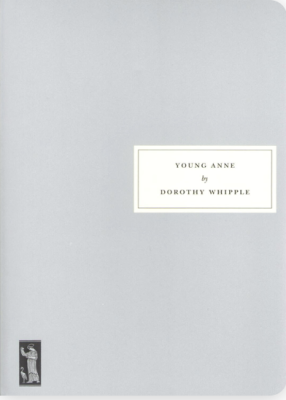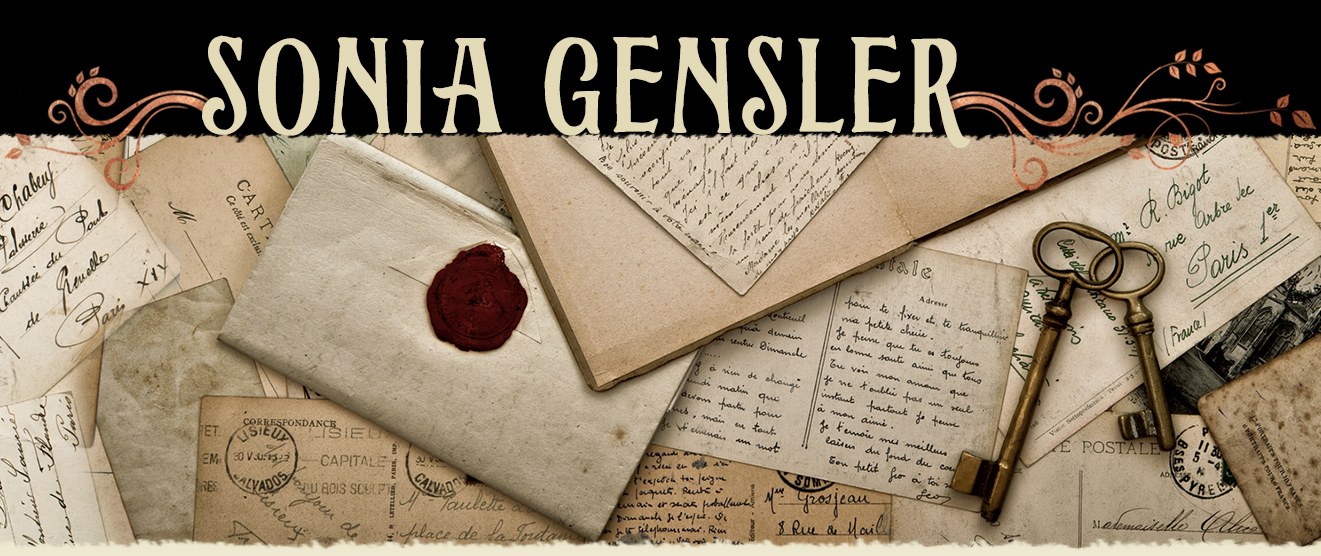
Just before Christmas, Steve and I spent some time in Bath, and I was excited to finally visit the shop for Persephone Books. Here’s an introduction from the website:
Persephone Books reprints neglected fiction and non-fiction, mostly by women writers and mostly dating from the mid-twentieth century. All of our 149 books are intelligent, thought-provoking and beautifully written. As well as novels we publish short stories, diaries, memoirs, poetry, gardening books and cookery books; each title has an elegant grey jacket and a patterned endpaper, along with a matching bookmark.
I have ordered their books before, but our time in Bath was my first opportunity to browse in the shop. It’s a beautiful place, though small, and the staff pretty much leave you on your own — there’s certainly no “hard sell” in this shop.
Once I was home, I decided “Tea and a Book” for 2024 would involve the Persephone novels I’ve collected — but not yet read — over the past few years. And I thought it might be a good idea to alternate these Persephone titles with more contemporary novels by women that also have been left unread on my shelves. Won’t that be fun? (Rest assured there won’t be any nightmare-inducing horrors to face. I confess I was somewhat overwhelmed by the folk horror options I shared last year.)

The featured title for January is Young Anne, by Dorothy Whipple. Over the years I’ve read a great deal of praise for Whipple’s books, and now I have enjoyed her very first one, which is “quite autobiographical” according to Lucy Mangan, author of the preface. The Goodreads synopsis is short:
Young Anne (1927), was Dorothy Whipple’s debut novel. It is about the first twenty years of a girl’s life: she lives at home mostly looked after by the kindly Emily, goes to school, falls in love and finally marries someone else.
Perhaps that’s not the most scintillating description of a book, but rest assured I really enjoyed this one. The story seems much more a bildungsroman than a romance, and the parts I enjoyed the most involved Anne at school and later at work during the Great War. She is a plucky and appealing heroine, though later in the book she struggles to do the right thing.
A favorite passage about a young love lost:
Life went on. The same getting up and going to bed, the same eating, the same going out and coming in. Morning, afternoon, evening, night. Things that had been set going and couldn’t stop, even though the meaning had gone out of them.
Anne looked back at the girl she had been, the lucky stranger who had possessed everything that mattered in this world: a lover, a friend, and a family life […] It was this very background, this thing she hadn’t noticed, had taken it for granted, that had asserted itself to horrible prominence and destroyed the rest.
This book is “more interested in character than plot,” according to Lucy Mangan, who wrote the introduction. So if you’re drawn to complicated plots, the story may not satisfy. But if you enjoy feisty heroines who yearn for independence in a time when women were expected to be thoroughly dependent, this story may work quite well for you. It certainly did for me.
Now for Tea:
 At the moment I am in the Barnes & Noble cafe. I’ve been having problems signing into my WordPress account at home, so I came here to see if it would work with different wifi. It did! But this means my tea offering will be a chai latte from the cafe.
At the moment I am in the Barnes & Noble cafe. I’ve been having problems signing into my WordPress account at home, so I came here to see if it would work with different wifi. It did! But this means my tea offering will be a chai latte from the cafe.
Stay tuned for February’s post, which will feature a contemporary book that has lingered unread on my shelves for far too long. And in March we’ll return to a Persephone option — can’t wait to share!



